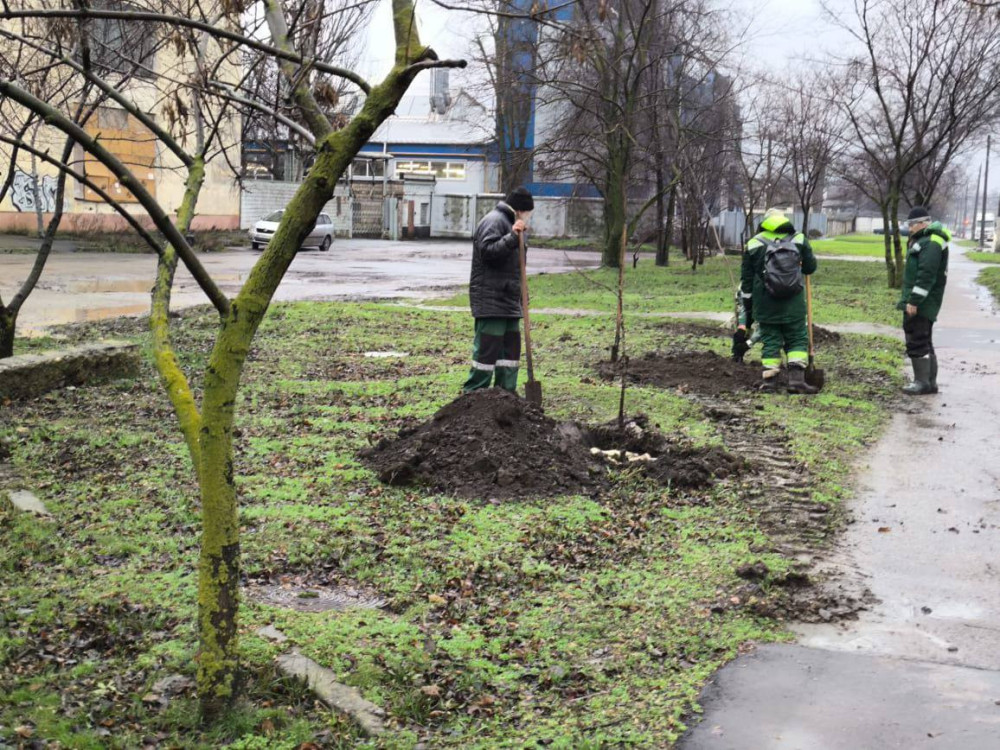In 2021, a working group was established in Odessa to enhance medical services for children suffering from diabetes. This initiative has successfully united the efforts of local authorities, healthcare institutions, NGOs, and parents to improve the quality of life for diabetic children.
Last year, Odessa initiated the procurement of insulin pumps for children with diabetes under the City Health Program.
Over the past two years, the city budget has funded the purchase and installation of 36 insulin pumps, as well as provided supplies for 58 children.
For children with diabetes, having an insulin pump means no more daily injections, which reduces stress, ensures precise insulin dosing, prevents complications, and allows for an active lifestyle.
Additionally, children are provided with free continuous glucose monitoring system installation. In 2024, over 200 monitoring systems have already been established, helping to prevent significant fluctuations in blood sugar levels and avoid debilitating complications.
At the Children’s Consultative and Diagnostic Center named after Acad. B. Ya. Reznik, an educational project called “Diabetes School” has been launched. This initiative offers training for diabetic children and their parents on improving quality of life, proper nutrition, and physical activity. Together with the NGO “Psychological Space of the CDC,” psychological support training sessions are also conducted.
This year, with the support of the Health Department and the Education Department of the Odessa City Council, a project aimed at raising diabetes awareness among general school teachers has been initiated. So far, 50 educators have received information on recognizing emergencies and providing first aid to diabetic children, and the educational project continues.
"Odessa is the only city in Ukraine that has installed such a number of insulin pumps for children with diabetes in recent years. Overall, Odessa holds a leading position in funding medical assistance for children with diabetes from the city budget," emphasized the director of the Reznik Center, Valentyna Velychko.



















